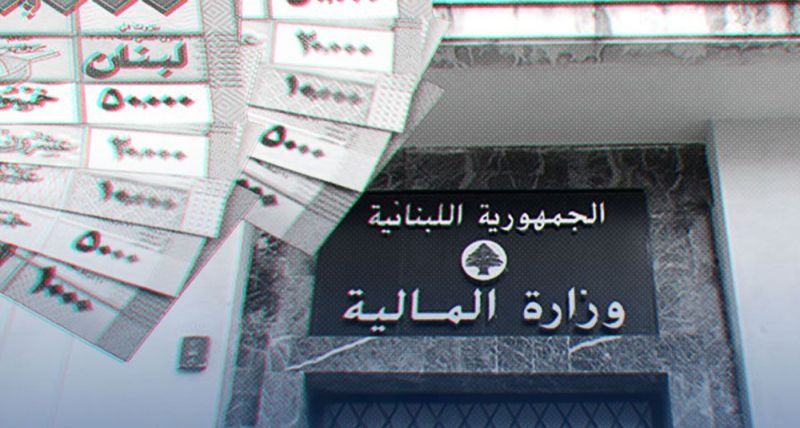
The 2026 draft budget spans 1,051 pages and 50 articles, yet still avoids any real tax reform. Distributed to ministers within the constitutional deadline, it relies almost entirely on indirect taxation, the most unfair burden for low- and middle-income households. In essence, it offers nothing new, repeating the same approach as the 2025 budget and earlier ones.
One point that can be credited to the government is its stated intention to impose some budgetary discipline. This comes with a pledge to close the books for fiscal years 2021 through 2024 by the end of the year.
Toward a Unified Exchange Rate
For the first time, the 2026 draft budget shows a degree of coherence: its figures are based on a unified exchange rate, set by the central bank (BDL) at LBP 89,500 to the dollar. On paper, the deficit is officially zero. Added to this is a modest increase in revenue, tied to more efficient tax collection, an outcome that should be expected.
However, Finance Minister Yassine Jaber seems intent on playing the fast-taxation card again. He has once again highlighted the fuel tax, adopted on May 29 and suspended by the Council of State on July 15. The day after the suspension, the so-called finance chief was quick to clarify to the press that the tax had been suspended, not canceled. In just a few weeks, the tax had generated nearly $30 million for the state, while simultaneously driving up energy, transportation and household costs.
No Tax on Offshore Funds
What stands out in the broad outlines of the 2026 budget draft is the tax exemption granted to encroachments on public maritime land, even as Lebanon faces an unprecedented financial crisis.
According to unofficial sources, the area of illegally occupied public maritime land has grown from nearly 5 million square meters in 2012 to 6.2 million square meters in 2019, rising steadily in the absence of any sanctions or oversight by the state.
Regularizing these encroachments and adjusting the fees to their actual value could generate $30-$50 million per year without affecting the population. By comparison, current fees from these encroachments amount to no more than $500,000 per year at best.
Budget 2026: Expenditures Rise 13.6%
As for spending, total expenditures in the 2026 draft budget amount to LBP 505,720 billion, equivalent to $5.65 billion, up LBP 60,506 billion (roughly $676 million) from the 2025 budget of LBP 445,214 billion ($4.974 billion), representing a 13.6% increase over 2025.
As in all previous budgets, salaries and wages account for the bulk of spending. The draft, however, includes a notable investment: the construction of new buildings for public administrations, aimed at ending the waste associated with renting expensive offices. Over time, this could significantly cut unnecessary public expenditures.
Despite a few new measures, the 2026 budget stays firmly conservative, keeping the same taxes and fees as last year and perpetuating longstanding injustices, especially regarding encroachments on public maritime land.




Comments